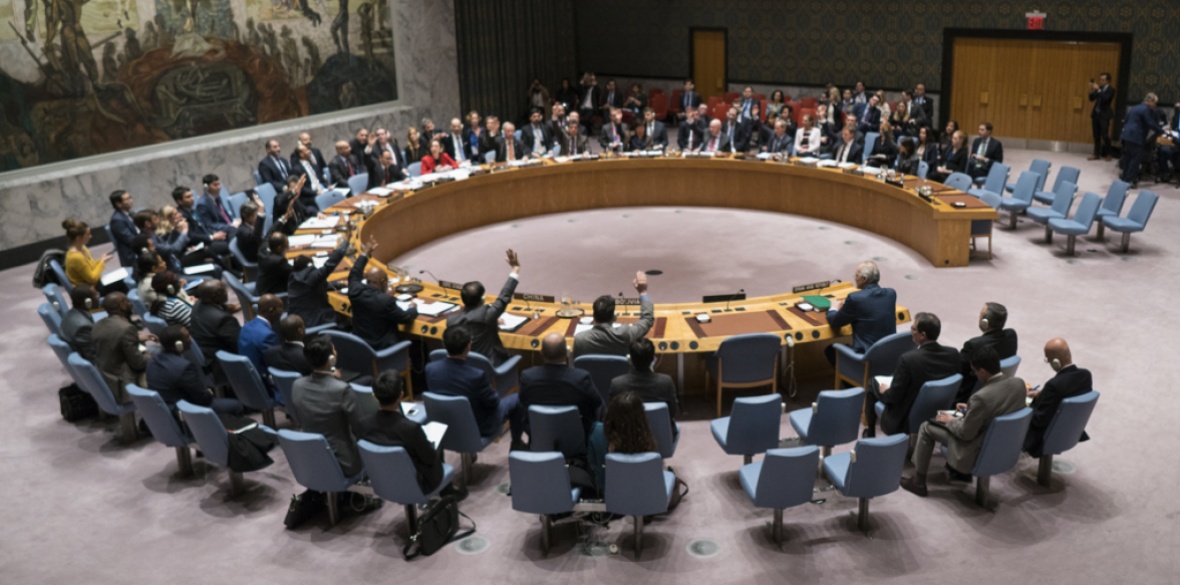This is the last article you can read this month
You can read more article this month
You can read more articles this month
Sorry your limit is up for this month
Reset on:
Please help support the Morning Star by subscribing here
THE United Nations has been accused of “ignoring” widespread abuse of women and girls in Syria by those tasked with distributing aid.
A report from the UN Population Fund on gender-based violence in the war-torn country reported cases of “women or girls marrying officials for a short period of time for ‘sexual services’ in order to receive meals or obtaining distributions ‘in exchange for a visit to her home’ or ‘in exchange for services, such as spending a night with them’.”
But aid worker Danielle Spencer told the BBC that this form of exploitation had been reported three years ago after she interviewed women in a Jordanian refugee camp who said officials in rebel-held Dara’a and Quneitra had demanded sex in return for aid in 2015.
An International Rescue Committee survey in those areas in June 2015 found that 40 per cent of women had experienced sexual violence while trying to access services, including aid.
The reported abuse took place when aid was passed on to third parties and officials in areas that were dangerous for international staff.
The scandal follows the exposure last December of British aid money going to jihadist groups such as Nour al-din al-Zinki via the Free Syrian Police scheme and being used by forces which tortured and executed opponents.
Sexual violence has reached epidemic proportions in the Syrian war, particularly by the Isis terrorist group, which encouraged the rape of women and girls in captured areas and authorised fighters to have “intercourse” with “female slaves” even before they reached puberty.
Jaish al-Islam leader Mohammed Alloush was accused today of stopping civilians from fleeing besieged eastern Ghouta after he charged Russia with only accepting a “humanitarian pause” to “displace” civilians rather than protect them.
Russian Foreign Minister Sergey Lavrov said the UN resolution requires all combatants not to put obstacles in the way of anyone trying to leave.
Jaish al-Islam has previously used the civilian population of eastern Ghouta as “human shields,” with the Syrian Observatory for Human Rights reporting that it had caged Alawite civilians of both sexes in public squares in the Damascus suburb as far back as 2015 as a disincentive to government bombing.











